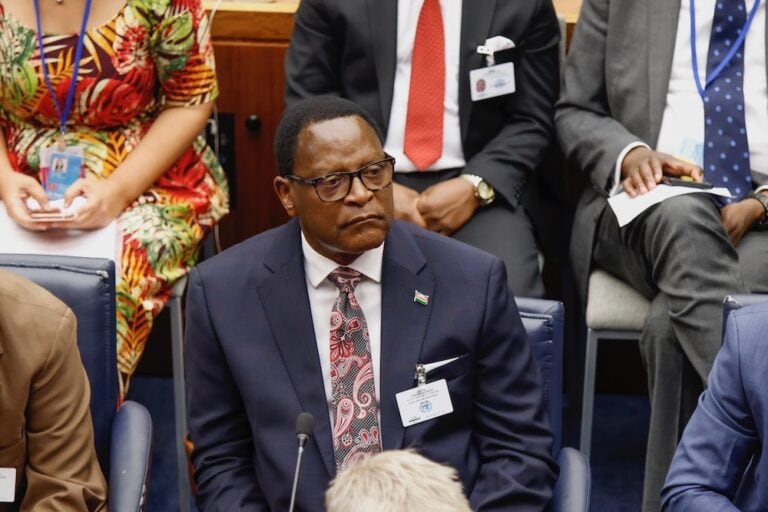(MISA/IFEX) – On 25 February 2009, the Malawi Communications Regulatory Authority (MACRA) has temporarily closed Mzimba Community Radio Station, based in the northern part of the country, on grounds that the station did not comply with the regulatory body’s rules and regulations as stipulated in the Communications Act. Details behind the community radio station’s closure […]
(MISA/IFEX) – On 25 February 2009, the Malawi Communications Regulatory Authority (MACRA) has temporarily closed Mzimba Community Radio Station, based in the northern part of the country, on grounds that the station did not comply with the regulatory body’s rules and regulations as stipulated in the Communications Act.
Details behind the community radio station’s closure were sketchy, as there was no immediate comment from MACRA officials who had earlier promised to issue a statement on the closure of the station.
Without giving more details, MACRA only said the community radio would be back on air once the station had complied with the regulatory body’s demands.
But sources from Mzimba Community Radio told MISA Malawi that the station had been ordered off the air on instructions from a cabinet minister, who claimed that the station had aired materials that were deemed by the minister to be political in nature and attacked the current administration.
According to reports, one of the presenters at the station, Samuel Lwara, was arrested in connection with material that was aired on the radio station.
Meanwhile, MISA Malawi has condemned MACRA for closing down Mzimba Community Radio Station without first attempting to resolve the issue through dialogue. MISA Malawi chairman, Brian Ligomeka, said much as the organisation appreciates MACRA’s powers to take a broadcaster off air or revoke its broadcasting licence, the regulatory body should have explored other avenues of dealing with the situation other than closing down the station.
MISA Malawi has further noted that the closure of Mzimba Community Radio Station threatens media diversity and pluralism and denies communities in the district the right to information necessary to their social and economic development.


